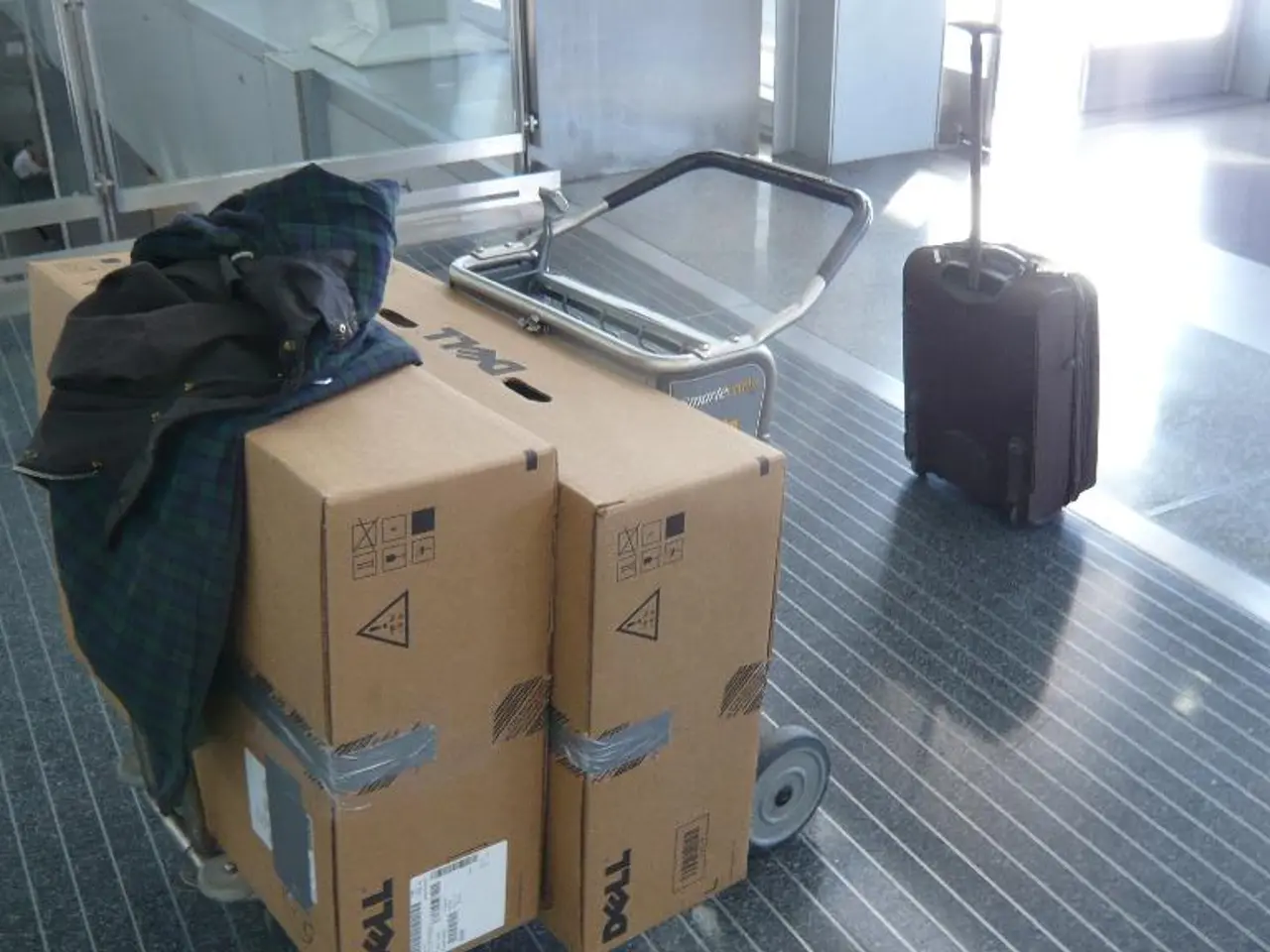EU Proposes 'Return Hubs' for Failed Asylum Seekers to Ease Migration Pressure
The European Union is exploring a new strategy to manage migration, with plans to establish 'return hubs' outside Europe for deporting failed asylum seekers. The initiative, first proposed by European Commission President Ursula von der Leyen in 2024, aims to address the challenges faced by the overwhelmed European asylum system.
The scheme, modelled partly on the UK's defunct Rwanda plan, would see individuals whose asylum applications have been formally rejected sent to non-EU countries like Tunisia, Egypt, Mauritania, Jordan, and Uganda. The return hubs would be distinct from processing centres and would only apply to those not qualifying for protection under EU law. Around 80% of failed asylum seekers currently do not comply with deportation orders, with some later linked to violent crimes and terrorism-related activities.
Danish immigration minister Kaare Dybvad has expressed that the initiative aims to 'get control of migration flow back into the democratic sphere' and 'return people faster'. EU officials hope involving the UNHCR from the outset may ensure compliance with international law and avoid legal and political pitfalls that derailed the UK's Rwanda plan. The UNHCR has called for stringent legal safeguards, including limitations on detention, guarantees of judicial review, and respect for the principle of non-refoulement. The EU has also proposed a revised Return Directive, expanding deportation options and removing the automatic suspension of deportation during appeals.
The EU's plan to establish return hubs for failed asylum seekers is still in its early stages, with negotiations ongoing regarding which target countries will host these facilities. The involvement of the UNHCR and the revision of the Return Directive aim to ensure the plan complies with international law and addresses the shortcomings of the current system.








